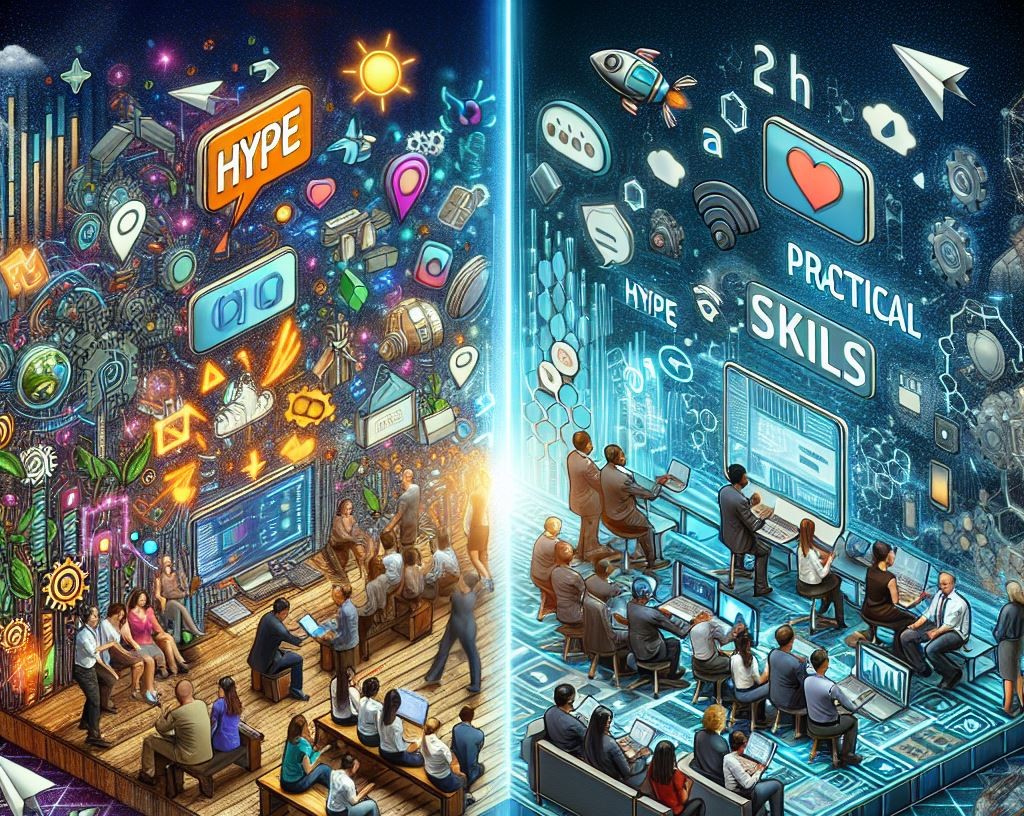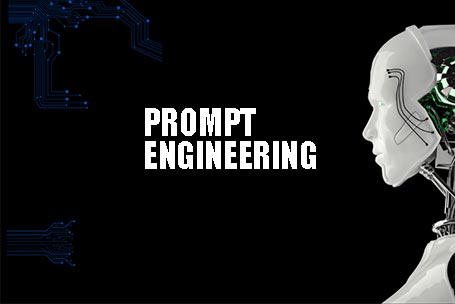Navigating the Shift: From Prompt Engineering Hype to Real-World Skills
Introduction
Today is Saturday, March 29th, 2025, and as I sit here reflecting, I find myself revisiting some of my own thoughts from a couple of years ago.
Back on July 3rd, 2023, I wrote an article titled The Pragmatic Approach to ‘Prompt Engineering’: A Call for Caution and Prudence. Looking back now, it’s interesting to see how the landscape has evolved—or in some ways, confirmed my earlier skepticism.
This piece is a reflection on where we are now and how my perspective continues to be shaped by my experiences and ongoing discussions.
The Hype and Reality of Prompt Engineering
The role of a prompt engineer is portrayed as the cutting edge of AI interaction, focusing on crafting queries that generate accurate and contextually relevant responses from language models.
However, there’s a growing concern that it’s more a temporary trend than a sustainable career path. AI tools themselves are becoming more autonomous, reducing the need for a dedicated prompt engineering role.
Lessons from the Consulting World
A similar shift is occurring in the consulting world. The traditional model—where high-level partners in firms like (lol no need to name them!) earned substantial salaries while offering abstract strategies—is rapidly declining.
Clients today demand more hands-on, outcome-oriented services rather than glossy presentations and vague roadmaps.
Senior leaders leaving these firms often find themselves unprepared for a market that prioritizes real, demonstrable skills and risk management over name recognition.
Real-World Skills Will Prevail
In both the tech and consulting spheres, the market is gravitating towards tangible skills and practical experience. For prompt engineering, this means that as AI becomes more accessible and intuitive, the role will likely integrate into broader technical and strategic positions rather than remaining a standalone specialty.
In consulting, the era of high-guaranteed salaries without outcome accountability is fading. Today’s successful consultants are entrepreneurial, directly involved in delivery, and committed to generating real value.
The same should be true for tech professionals—rather than chasing trends, they should focus on building resilient, adaptive skills that will remain relevant as the landscape shifts.
My Perspective: Experience Over Hype
Having spent decades leading transformative IT initiatives, I’ve seen countless trends come and go. What remains constant is the need for critical thinking, problem-solving, and the ability to adapt.
Whether it’s managing large-scale project integrations or leveraging AI responsibly, the focus should always be on delivering real-world impact—not just jumping on the next bandwagon.
Conclusion
The future belongs to those who are willing to continuously learn, adapt, and apply their skills to solve real problems.
As AI and other technologies advance, the key will be to remain grounded in practical knowledge and human-centric problem-solving, rather than being swept up in fleeting hype.
P.S.
Okay, I have to admit—this reflection piece was born from a collaborative effort between me and ChatGPT.
As we discussed ideas and brainstormed the themes, I couldn’t help but laugh at the irony: here I am, contemplating the relevance of prompt engineering while actively engaging with an AI to craft this article.
I even asked ChatGPT for feedback on whether I could become a prompt engineer! In the end, it’s all about staying curious, open to new perspectives, and honest about how we get things done.
After all, transparency and authenticity are the real skills that will never go out of style.
And yes, I do have an answer for and to if I could be. But that information is for me!







